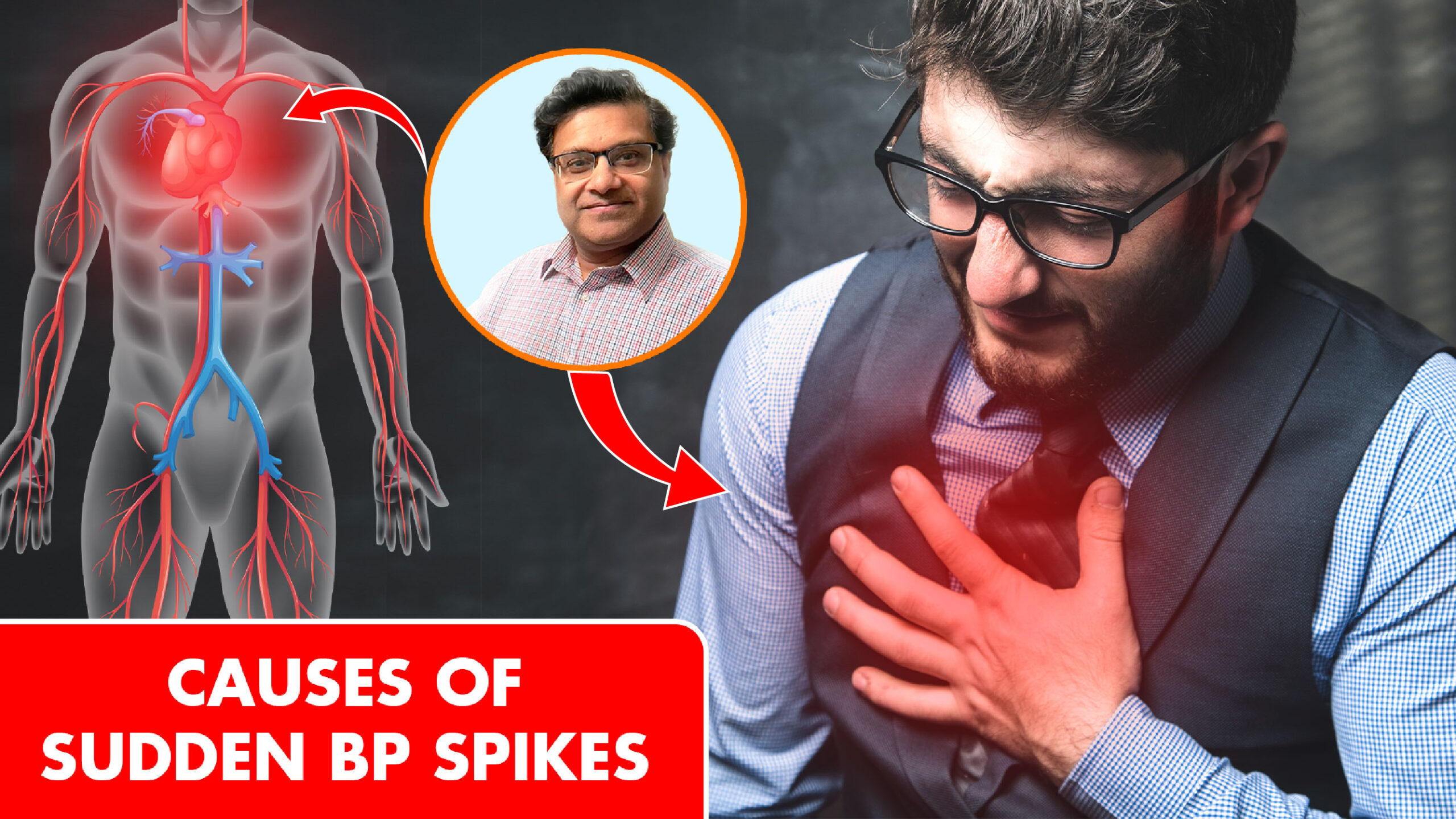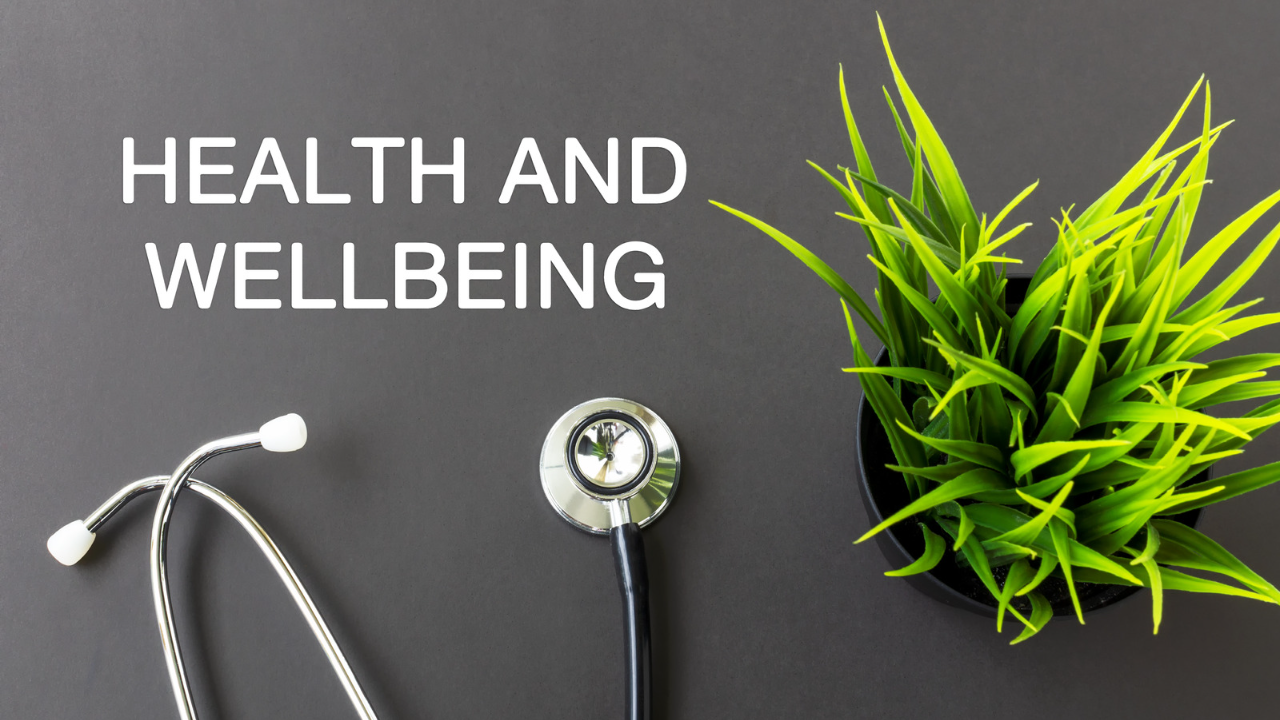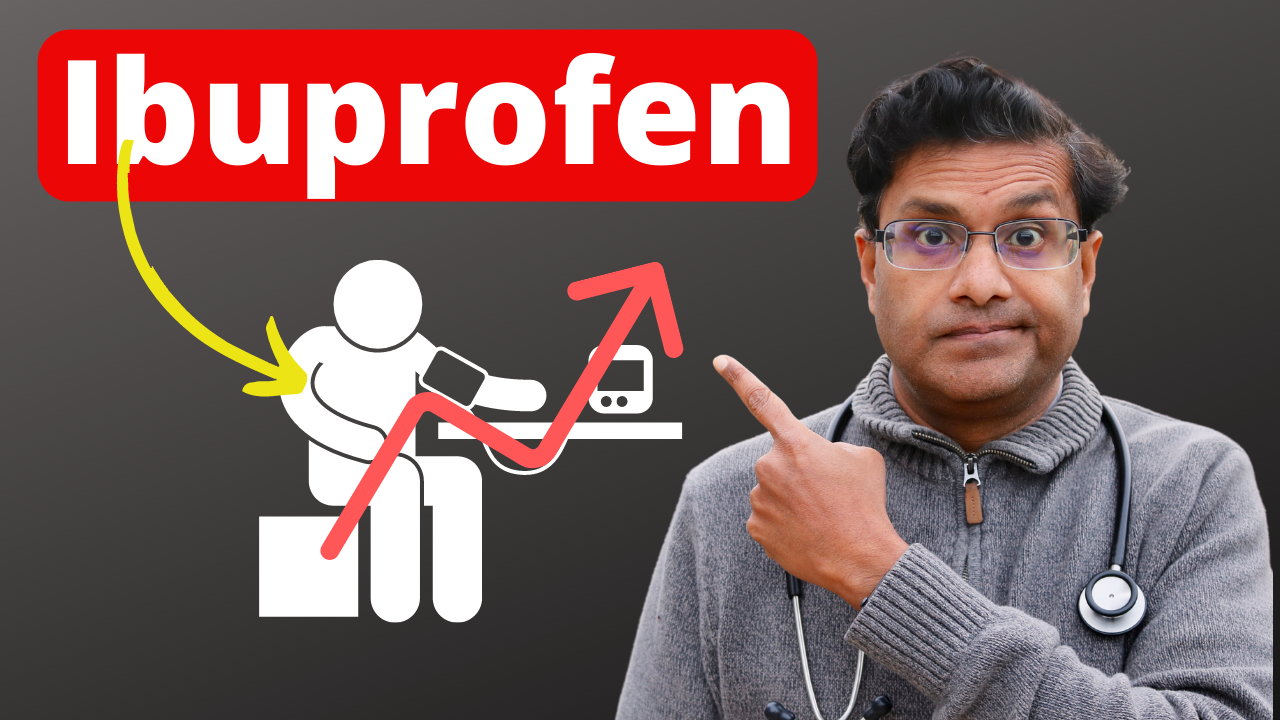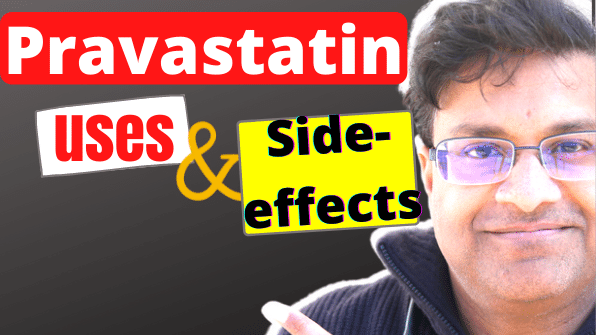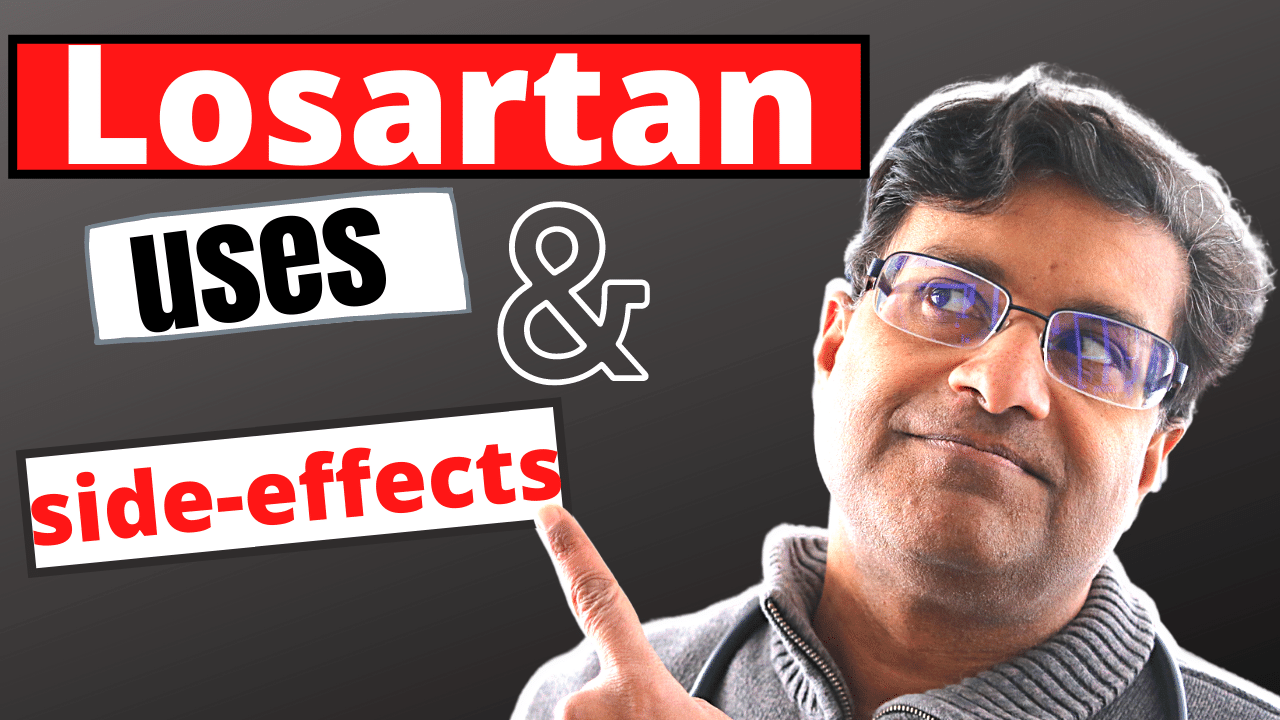When it comes to our health, blood pressure is something many of us rarely think about until there’s a problem.
But what happens when your blood pressure suddenly spikes?
Even if you’re normally pretty healthy, certain factors can lead to a quick rise in blood pressure that’s worth knowing about.
Let’s dive into 9 common causes of sudden blood pressure spikes.
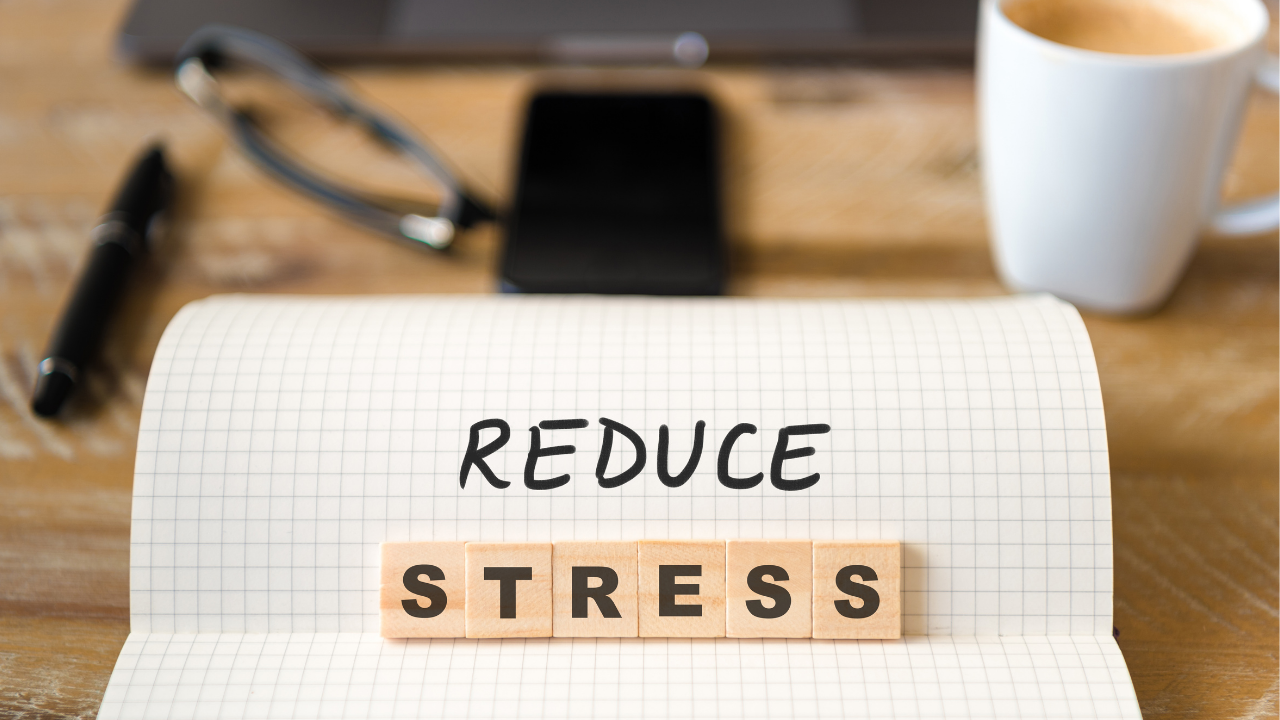
1.Stress: The Body’s “Fight or Flight” Response
One of the most common triggers of a sudden rise in blood pressure is stress. We’ve all felt it—that tense, anxious feeling when we’re worried or scared. In these moments, our bodies release a hormone called adrenaline. This is part of what’s known as the “fight or flight” response, where our body prepares us to either face a challenge or run away from it. Adrenaline causes our heart rate to speed up, which increases blood pressure. It also makes blood vessels tighten to redirect blood to major muscle groups, giving us a burst of strength if we need it.
The problem is, when we’re constantly stressed—whether it’s from school, work, or personal relationships—our bodies keep releasing small amounts of adrenaline. This can cause frequent blood pressure spikes and, over time, lead to sustained high blood pressure, which strains the heart. Learning ways to manage stress through relaxation techniques or physical activity can make a huge difference for your blood pressure.
2.Caffeine and Energy Drinks: A Quick Boost with Consequences
Caffeine is another major cause of temporary blood pressure spikes. Whether it’s in coffee, tea, soda, or energy drinks, caffeine can have a noticeable effect on your blood pressure. Some people are especially sensitive to caffeine and may feel their heart racing even after a small cup of coffee. But even if you don’t notice it, caffeine can still impact your blood pressure.
Here’s why: caffeine blocks a brain chemical called adenosine, which helps keep your blood vessels relaxed. When adenosine is blocked, your blood vessels tighten slightly, causing your blood pressure to go up. For some people, this effect can last for a few hours after they’ve had caffeine. If you’re someone who drinks coffee throughout the day or regularly relies on energy drinks, it’s worth being mindful of how caffeine affects your body.
3.High-Sodium Foods: The Salt Effect
We all love salty foods, but too much salt can raise your blood pressure quickly. Foods high in sodium—like chips, processed snacks, fast food, and even canned soups—cause your body to hold onto extra water. This water retention increases the total volume of blood in your system, which pushes up blood pressure. In simple terms, more water means more pressure against your blood vessels.
Over time, eating a high-sodium diet can lead to sustained high blood pressure, which is a major risk factor for heart disease. The American Heart Association recommends limiting sodium intake to about 2,300 milligrams per day, roughly a teaspoon of salt. Reducing salt in your diet by choosing fresh foods and avoiding processed options can help keep your blood pressure steady and protect your heart in the long run.
4.Pain and Physical Stress
Pain can also cause blood pressure spikes. If you’ve ever stubbed your toe or accidentally burned your finger, you know how quickly that jolt of pain can hit you. Pain sends strong signals to your brain, which responds by releasing stress hormones like adrenaline. These hormones make your heart beat faster and cause blood vessels to narrow, both of which increase blood pressure.
For people dealing with chronic pain, such as from an injury or a long-term condition, these blood pressure increases can become more common. This is why managing pain effectively is so important—not just for comfort but also for maintaining stable blood pressure.
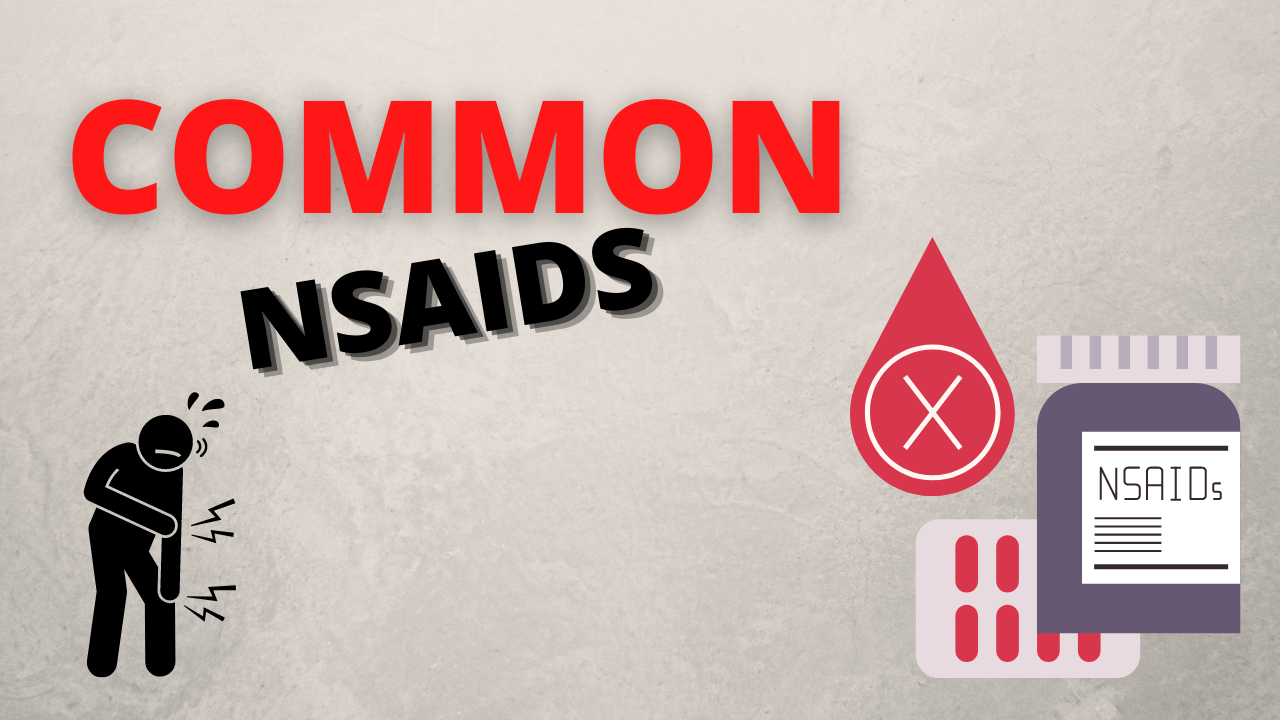
5.Medications: Cold Medicines, NSAIDs, and Birth Control
Certain medications can also raise blood pressure. For example, over-the-counter cold medicines often contain ingredients like pseudoephedrine, a decongestant that narrows blood vessels to relieve nasal congestion. While this helps clear up a stuffy nose, it also increases blood pressure, so it’s best to be cautious if you have blood pressure issues.
Nonsteroidal anti-inflammatory drugs (NSAIDs), such as ibuprofen, can also raise blood pressure. These drugs reduce pain and inflammation, but they can cause the body to retain extra fluid and make blood vessels constrict, both of which raise blood pressure. If you need to use pain relievers often, it’s a good idea to talk to your doctor about options that might have less impact on your blood pressure.
6.Hormones: Menstrual Cycle, Birth Control, and Menopause
Hormones can play a big role in blood pressure fluctuations, especially for women. Birth control pills, which contain estrogen, can cause slight increases in blood pressure. If you’re using hormonal birth control, it’s good to be aware of this side effect and discuss it with your doctor if you have any concerns.
For women going through menopause, hormonal changes can also affect blood pressure. As estrogen levels drop, blood vessels may become less flexible, which can lead to increased blood pressure. If you notice blood pressure changes around menopause, it’s worth discussing with a healthcare provider.
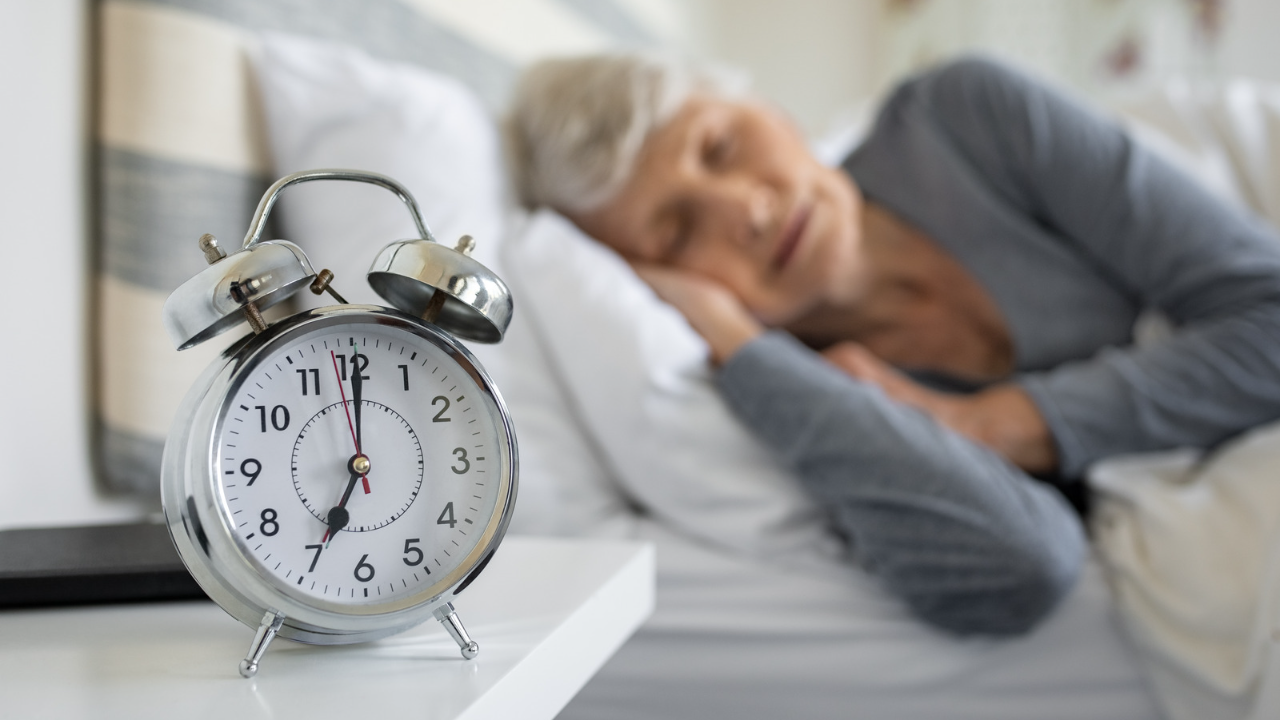
7.Lack of Sleep: The Importance of Rest
Sleep is essential for overall health, and it has a direct impact on blood pressure. During sleep, your body has a chance to rest and repair. This includes giving your blood vessels a break and allowing your heart rate to slow down. When you don’t get enough sleep, however, your body doesn’t get this rest period. This can lead to a sustained increase in blood pressure over time.
Studies have shown that people who consistently get less than six hours of sleep per night are at a higher risk of developing high blood pressure. Making sleep a priority can have a huge impact on your heart health and help prevent sudden blood pressure spikes.
8.Alcohol: Enjoy in Moderation
Alcohol can cause temporary blood pressure spikes, especially if you drink a large amount at once. This happens because alcohol changes how blood flows in the body, and it can make the heart work harder. Drinking too much regularly can lead to long-term increases in blood pressure.
The key with alcohol is moderation. The American Heart Association suggests limiting alcohol to one drink per day for women and two for men.
9.Smoking and Vaping: Nicotine’s Impact
Smoking and vaping can have an immediate impact on blood pressure. Nicotine, the addictive substance in cigarettes and vape products, causes blood vessels to narrow and makes your heart beat faster. This combination raises blood pressure quickly, even after just one cigarette or vape session.
For people who smoke or vape regularly, these blood pressure spikes add up over time, increasing the risk of chronic high blood pressure and heart disease. Quitting smoking or reducing nicotine intake is one of the best things you can do for your blood pressure and heart health.
Sources and further reading:



